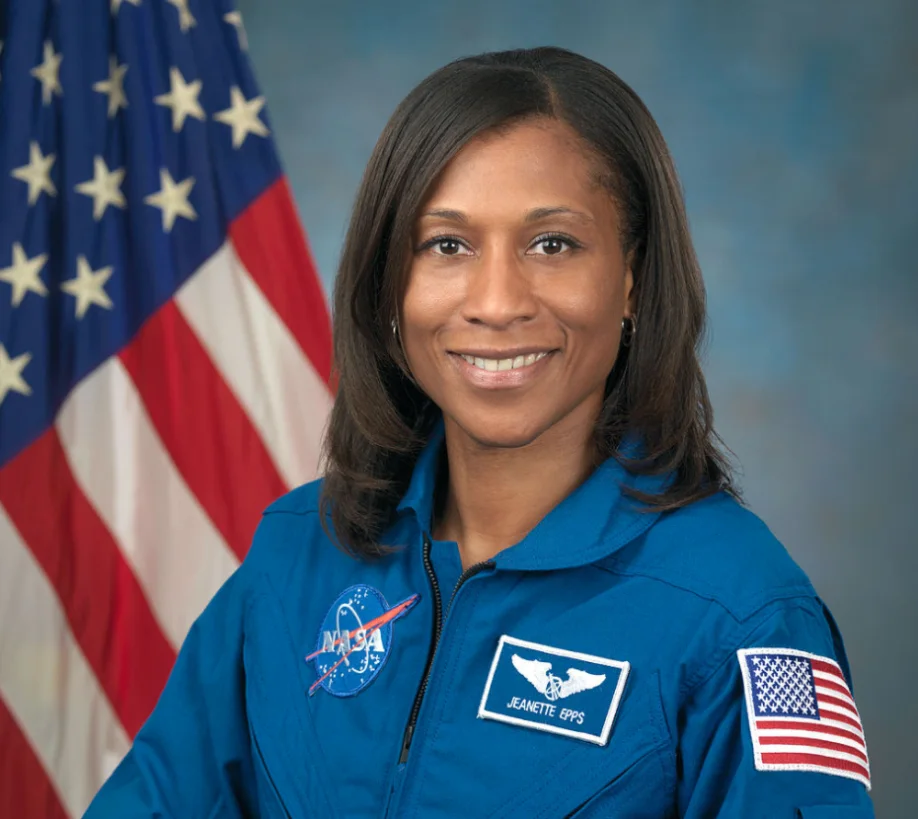
Jeanette Epps adds 'first Black woman on a NASA ISS crew' to her list of firsts
In 2021, Jeanette Epps will travel to the International Space Station for a six-month mission, making her the first Black woman to embark on an extended space expedition.
On August 25, 2020, Jeanette Epps took to Twitter, and never has a little rocketship emoji been used with more gravitas.
Epps is selected to join a six-month expedition on the International Space Station (ISS), making her the first Black woman to embark on an extended mission in space.
Epps' journey to space started many moons ago, as she has been gaining a lifetime of education and experience.
Epps holds a bachelor’s degree in physics, a master’s degree in science, and a doctorate in aerospace engineering.
While Epps was earning her doctorate, she joined the NASA Graduate Student Researchers Project as a fellow. After school, she worked in a laboratory co-authoring several patents, but it wasn't before long that the Central Intelligence Agency (CIA) recruited her. She spent seven years as a CIA technical intelligence officer before her selection as a member of the 2009 astronaut class.
Epps graduated from NASA's astronaut program in 2011 and was scheduled to make her first space exploration in 2018 (which would have made her the first Black person of any gender to join a crew on the ISS. Victor Glover is scheduled to make that moment in history, as he'll be on the mission before Epps'). At the last moment, Epps was replaced with another woman for the mission.
In 2019, Epps became the first African-American woman, and the second woman, to participate in CAVES, an acronym for "Cooperative Adventure for Valuing and Exercising human behaviour and performance Skills." CAVES is a European Space Agency astronaut training course developed to provide astronauts with training for long-term space expeditions. As the acronym suggests, the training takes place in caves.
As the world is skipping over regularly scheduled programming for 2020, Epps is officially slotted to join NASA astronauts Sunita Williams and Josh Cassada for a six-month expedition in 2021, according to a NASA press release.
The mission will also mark NASA’s first operational crewed flight of Boeing’s CST-100 Starliner spacecraft.
Though Epps will be the first Black woman, and Glover the first Black man, to join NASA on a long-term mission, six Black Americans have visited the ISS in the past. After all the momentum in 2020 with the Black Lives Matter movement, here's to fuelling 2021 to be a giant leap for humankind.










